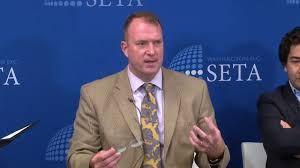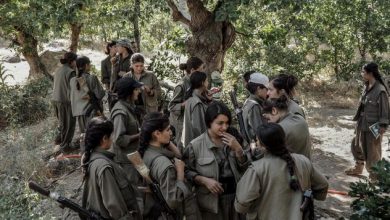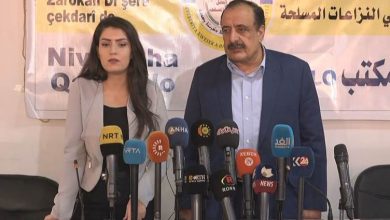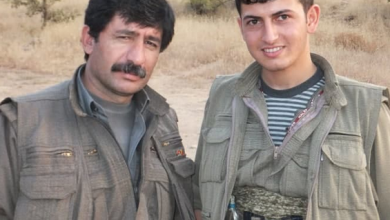According to Iranian Kurdistan Human Rights Watch (IKHRW), United Nations envoy to Iraq Jeanine Hennis-Plasschaert has urged for a fast implementation of the Sinjar agreement recently the Iraqi government and the Kurdistan Regional Government (KRG) reached in an attempt to normalize conditions and alleviate the current dilemma of the Yazidi people living in the area.
Hennis-Plasschaert’s comments came following her visit to the Sinjar/Shangal region. She was accompanied by her Deputy, Resident and Humanitarian Coordinator for Iraq, Irena Vojackova-Sollorano.
“The completion of the security measures and implementing other parts of the agreement need to be accelerated so that essential reconstruction work and service delivery could be accomplished as soon as possible,” the UN Assistance Mission in Iraq (UNAMI) released a statement and quoted her as saying.
When ISIS invaded Sinjar in the summer 2014, the city had some 90,000 residents, most of them Yazidi ethno-religious minority. The radical Islamist group started to kidnap and massacre large numbers of people, and thousands of women and girls were forced to do sexual slavery. Those atrocities were widely recognized as genocide.
Tens of thousands of Yazidis from Sinjar and surrounding areas remain displaced in the Kurdistan Region, others fled to Europe and other countries while the fate of thousands is still unknown.
Since ISIS was defeated in Sinjar, the town and its surrounding areas are controlled by some armed groups.
The PKK managed to establish a foothold in Sinjar in mid-2014 on the pretext of protecting the local Yazidi community against ISIS. It has also set up its Sinjar wing Units for Protecting Shangal (YBS) there, recruiting local youth for the purpose of armed struggle. Since then, the PKK has established a new base in the area for its logistical and command-and-control activities besides their main headquarters in the Qandil Mountain in northern Iraq. Sinjar had become a road stop between the Iraqi-Kurdish Mountains and the PYD/YPG-led self-autonomous region in North-East Syria.
The Erbil-Baghdad Sinjar agreement is highly significant and is expected to normalize the situation in the Sinjar region,” Minister for Foreign Affairs of the Kurdistan Regional Government (KRG) Aydin Marouf told the media.
In the normalization process, security arrangements will be implemented in line with the deal such as excluding the armed groups, including the PKK and restoring law, order and authority. Through the establishment of security and the removal of these armed groups, it is expected that the displaced Yazidi community, which suffered genocidal attacks by ISIS at the time its control on the region, could finally return home.
“When ISIS occupied the region, the Yazidis had to live under oppression and were subjected to forced displacement. Hundreds of thousands displaced Yazidis could also not return after ISIS left the region because the gap was filled in by other illegal armed groups,” Marouf explained, stressing that a large part of the Yazidis reject the PKK presence, and thus the group prevents them from returning.
Secretary-General for the United Nations Assistance Mission for Iraq (UNAMI) Jeanine Hennis-Plasschaert has expressed strong support for the implementation of the Sinjar deal by the government.






